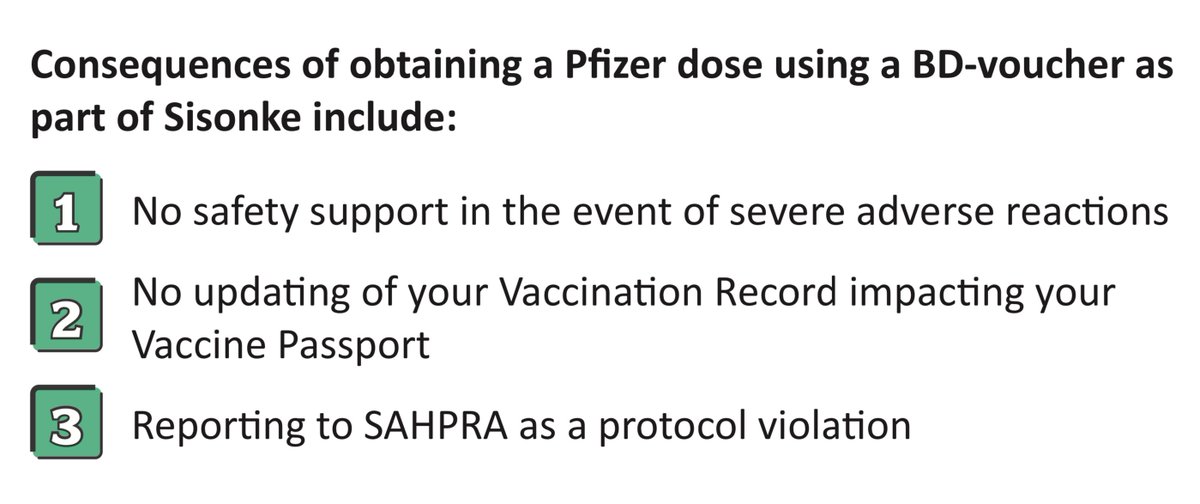
First results of mAb testing on omicron: looks good for sotrovimab. GSK and Vir say no loss of activity v compared to previous strains reuters.com/business/healt…
Sotrovimab reduces deaths and hospitalizations by 79%. It requires just one 30min IV infusion. It's a very good drug. It's been approved in the US since May. The craziest thing in this crazy epidemic? UK's MHRA only approved it 4 days ago. bmj.com/content/375/bm…
That's AFTER it approved molnupiravir, which is only 30% effective (and there's some skepticism about that), needs to be taken over 5 days, and creates mutated virus, and whose interim trial results were only reported in October, final results in late November.
As much as I give FDA a hard time, their COVID19 EUAs have made some sense, so far. MHRA approving molnupiravir in 1mo (even if they believed it was 50% effective then) and not the 79% effective sotrovimab 12mo after its trial results is completely bonkers
gsk.com/en-gb/media/pr…
gsk.com/en-gb/media/pr…
Sotrovimab's retained effectiveness was predicted by @jbloom_lab based on simply where the mAb binds and where omicron mutations are. A nice example of how knowing mechanism allows accurate predictions sans clinical trials, for the "show me the data"ites.
https://twitter.com/jbloom_lab/status/1464005705891868702
@jbloom_lab Note the same thread by Bloom suggests Regeneron's cocktail will take a hit in efficacy
https://twitter.com/jbloom_lab/status/1464005696232386562
Sotrovimab was based on a human antibody chosen by Vir because it targets a conserved epitope. So it's also an example of using structural and evolutionary info to make the best possible therapeutic (which we can also do for protease inhibitors)
nature.com/articles/s4158…
nature.com/articles/s4158…
Sotrovimab being derived from the human response to spike makes me optimistic that vaccines will activate some B cells recognizing that epitope. These may be only a minority of plasma cells initially, but those i the memory B cell population can be expanded on omicron challenge.
I made that point earlier, below. If it occurs in most people, then we would expect vaccines to retain good efficacy against late disease from omicron in immunocompetent people. But it remains to be seen how many people have B cells against that epitope,
https://twitter.com/michaelzlin/status/1466833726390763522
An explanation of how memory B cells can produce a second wave of antibodies to challenges that are similar but not identical to previous encounters.
https://mobile.twitter.com/michaelzlin/status/1432056639960408066
Aha just noticed the news is already 5 days old. Not sure why it popped up in my google news feed only today. I'm not a very good news source. For news, follow @EricTopol
https://twitter.com/EricTopol/status/1466417111740436490
• • •
Missing some Tweet in this thread? You can try to
force a refresh






